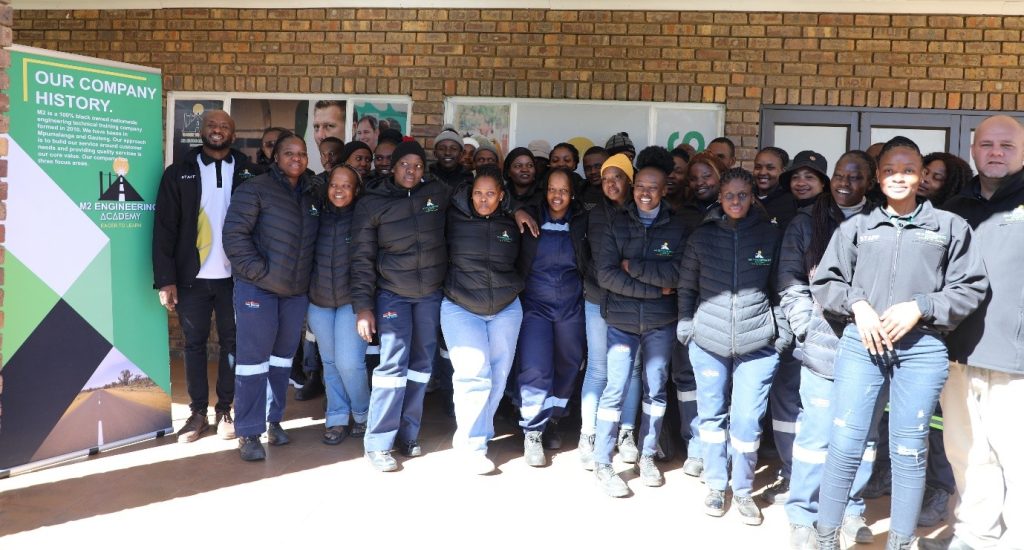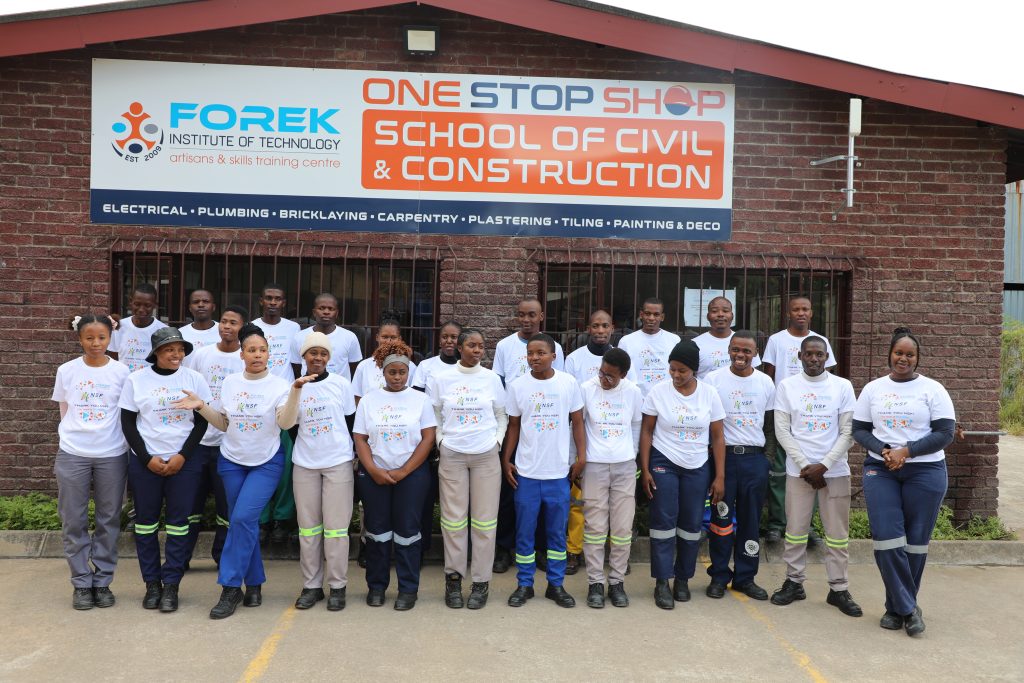By Honest Sihlango
Empowering youth, especially those from disadvantaged backgrounds, with artisan skills is key to transforming South Africa’s socio-economic landscape. Many young people face financial hardship, limited education, and high unemployment, and technical and vocational training offers a practical pathway into the workforce.
According to the latest Quarterly Labour Force Survey (QLFS) released by Statistics South Africa (Stats SA), more than 46.1% of South Africans aged 15–34 are unemployed, underscoring the urgent need for targeted skills development to bridge the gap between education and meaningful employment.
Artisan development matters even more when viewed through the lens of national goals. The National Development Plan (NDP) targets the production of 30,000 qualified artisans annually by 2030, recognizing this as vital for infrastructure delivery, job creation, and poverty alleviation. However, this remains out of reach without expanded training and funding. South Africa currently produces only around 15,000 per year, half of the required number. Government campaigns like the “Year of the Artisan” sought to elevate vocational trades as respected and viable careers.
A remarkable example of NSF’s impact is the M2 Engineering Academy Training Centre in Witbank. Accredited by multiple SETAs and the Quality Council for Trades and Occupations (QCTO), the institution delivers world-class technical training, apprenticeships, and trade testing in trades such as plumbing and carpentry.
The NSF funded a 36-month artisan training programme for 30 learners specializing in plumbing and carpentry, with a total project budget of R6.7 million. Beneficiaries have completed theoretical training, undergone workplace placements in various companies, and are now preparing for trade tests. This integrated model, combining classroom learning with practical experience, is essential for producing industry-ready artisans.
Empowering disadvantaged youth with artisan skills isn’t just vocational training; it’s a strategic investment in our country’s future. With NSF support and programmes like those offered by M2 Engineering Academy, South Africa can upskill its youth, equip them to rebuild communities, and move closer to realizing the NDP’s vision of an inclusive and prosperous nation.

Claudia Moela, NSF funded carpentry beneficiary, showcasing her carpentry skills
Claudia Moela is one of 15 carpentry apprentices funded by the NSF. ‘My life has changed for the better. This opportunity has not only equipped me with valuable knowledge but also sharpened my practical carpentry skills,’ she said.
Putting youth at the centre of artisan development delivers profound benefits. It tackles youth unemployment head-on. Equipping young people from underprivileged backgrounds with marketable skills helps them secure employment, improve their livelihoods, and participate in economic growth. It also breaks cycles of poverty, as training programmes provide opportunities where few existed, enabling social mobility.

Nthabiseng Mapea, NSF funded plumbing beneficiary, showcasing her plumbing skills.
Nthabiseng Mapea is one of 15 plumbing beneficiaries funded by the NSF in partnership with M2 Engineering Academy. ‘I can now use my hands more than my brain, and I found that’s where I excel. I am grateful to the NSF for changing my life,’ she said.
Artisan development isn’t just about building trades; it’s about building a resilient and inclusive economy. Programmes like the one run by M2 Engineering Academy are essential stepping stones toward fulfilling South Africa’s artisan targets and supporting infrastructure, industries, and communities.



